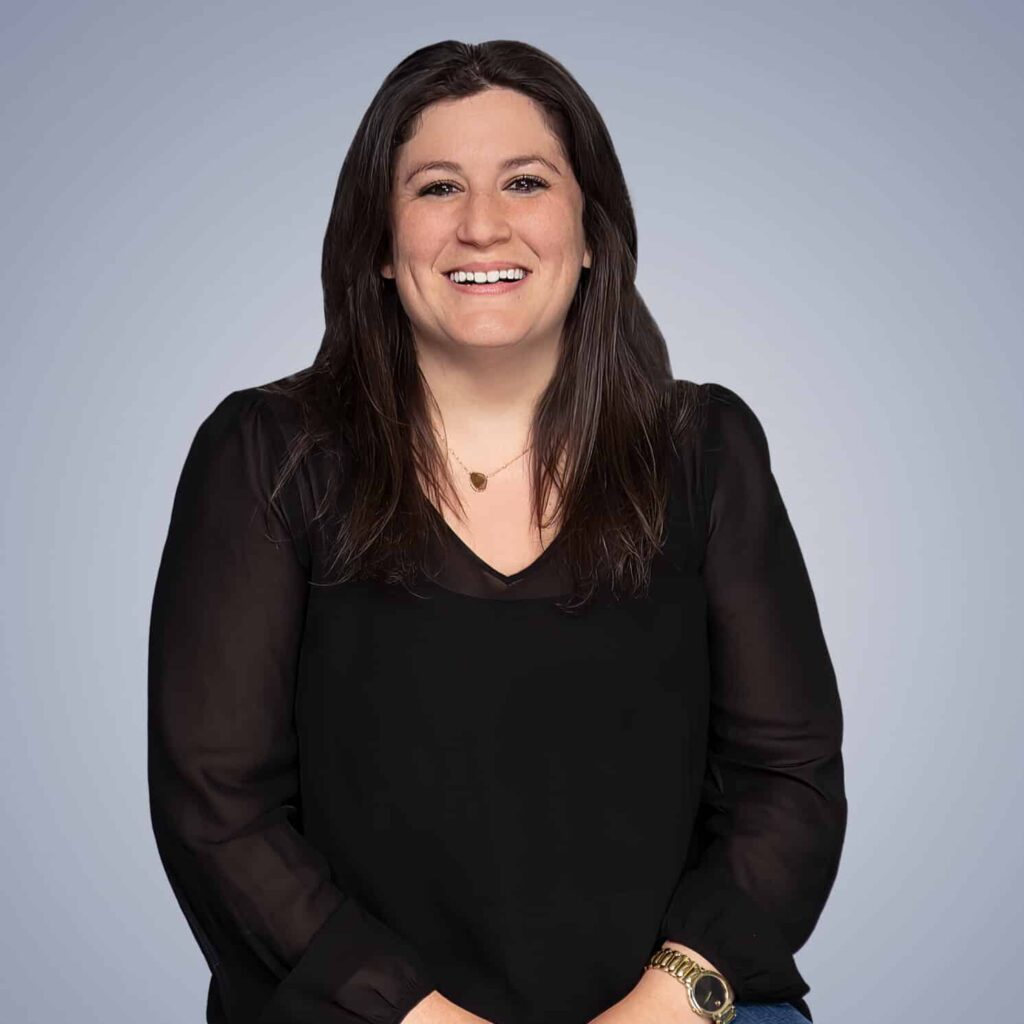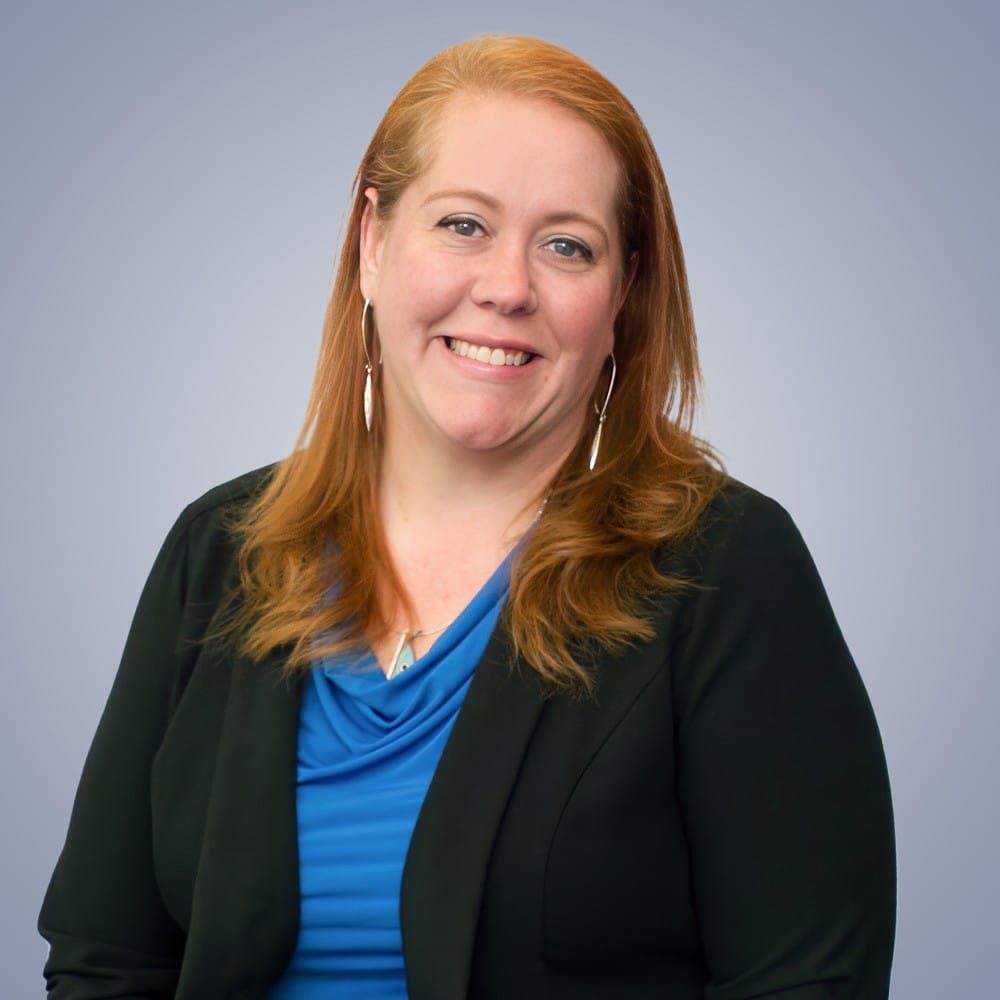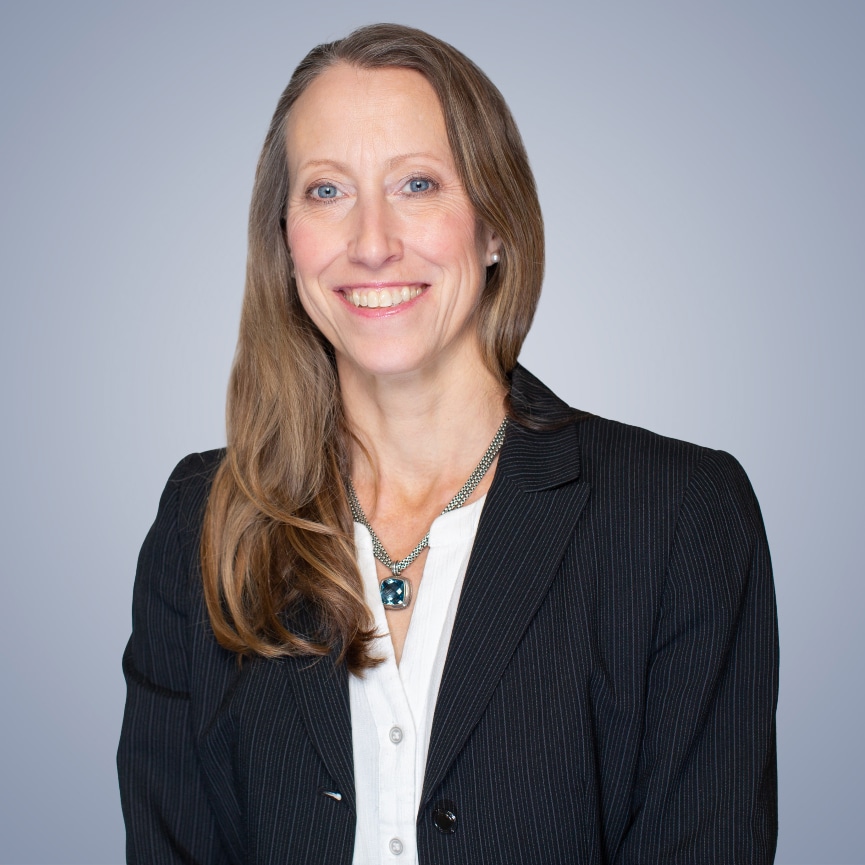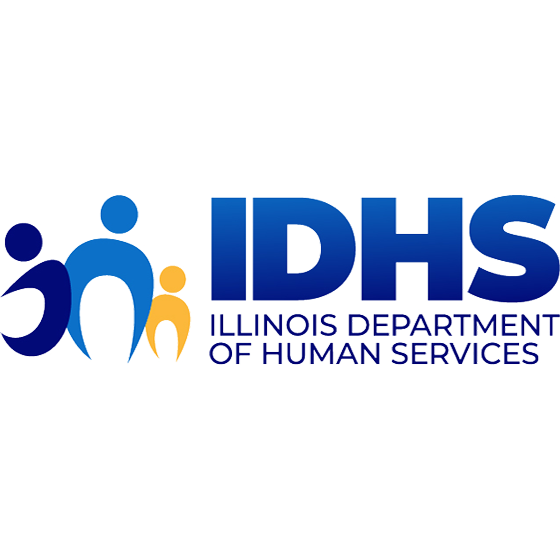Guest blog by Jessica Martinez, RD, LDN, Director of Residential Nutrition Services
Throughout my time working at SunCloud Health, I cannot begin to count how many times a client without an eating disorder diagnosis asks “Why do I need to attend a nutrition group? I do not have an eating disorder.” I get it. There is already so much on one’s plate coming into residential treatment; it can feel incredibly overwhelming to have to think about nutrition, as well. However, no matter the diagnosis, we all deserve to know how to nourish ourselves in a way that is both physically and mentally fulfilling. That is what I love about the SunCloud integrated model; we treat the whole person. Regardless of one’s diagnosis, a dietitian is readily available to support clients in meeting their nutritional goals. Many patients who hesitate to engage in our dietary program at first, ultimately find that having a nutrition program in place allows them to grow deeper into their recovery, as a nourished body supports a nourished mind.
In my experience, those who struggle with mental illness, likely have not nourished themselves in a sustainable, productive way. Many who struggle with issues such as mood disorders or substance use lie at either end of the spectrum; eating minimally (I.e., alcoholism, stimulant use, depression/anxiety) or overeating, using food to cope (I.e., substance use, trauma). For example, if someone struggles with alcoholism, they may be replacing their food and beverage intake with alcohol. Another example may look like a person who struggles with PTSD that overeats for comfort to cope with trauma. At SunCloud, we have three meals and three snacks built into our daily schedule. This allows clients who may have never had structure around meals, begin to nourish themselves regularly and lean into their bodies optimal functioning. Many simply do not realize how much energy our brains need to function. Almost 30% of our daily energy intake goes towards keeping our brain functioning effectively. This means, in order for ones brain to process and integrate the therapeutic work needed for recovery, they must be nourishing themselves adequately.
Another reason it is so important to have a dietitian on hand during recovery is you may have an undiscovered eating disorder. According to the National Association of Anorexia Nervosa and Associated Disorders (ANAD), 28.8 million Americans will have an eating disorder at some point in their life. Additionally, eating disorders are often co-occurring with mental illness. Research shows that 35% of those diagnosed with substance use disorder also have an eating disorder. Conversely, 50-75% of those with an eating disorder have mood disorders or past trauma. These are shocking statistics and highlight the importance of having nutrition support during one’s treatment.
Sometimes, clients may not have any disordered eating, but an underlying medical condition. For example. we diagnosed a client with Type 2 Diabetes. This client’s depression SKYROCKETED after the diagnosis. This person was shocked and expressed feelings of hopelessness. She was shocked and expressed feelings of hopelessness. Unfortunately, chronic diseases such as Type 2 diabetes and heart disease can have stigma attached and often clients feel they created the issue, which can cause one to experience significant shame and guilt . Unfortunately, these diseases have a high genetic component, and while they can be delayed, often they cannot be prevented. With intense nutrition support, our team educated this client through her treatment stay and she was able to lower her blood sugar into a normal range.
Again, I get it. One may feel overwhelmed adding a dietitian to their treatment team or attending a nutrition group after discussing trauma; it is incredibly difficult. With that being said, proper nutrition is vital for the level of energy and cognitive processing needed for recovery. I have seen the benefits firsthand day in, and day out. From the man who sobbed to me, once sober, regarding his difficult relationship with food and poor body image, to the woman who never thought it was possible to have an eating disorder in a larger body, and everything in between. Everyone deserves to be seen, and treated, as a whole person. That is the SunCloud difference.
Jessica Martinez, RD, LDN
she/hers
Director of Residential Nutrition Services
Registered Dietitian, Licensed Dietitian Nutritionist
Read more about our Residential Treatment Center and level of care








